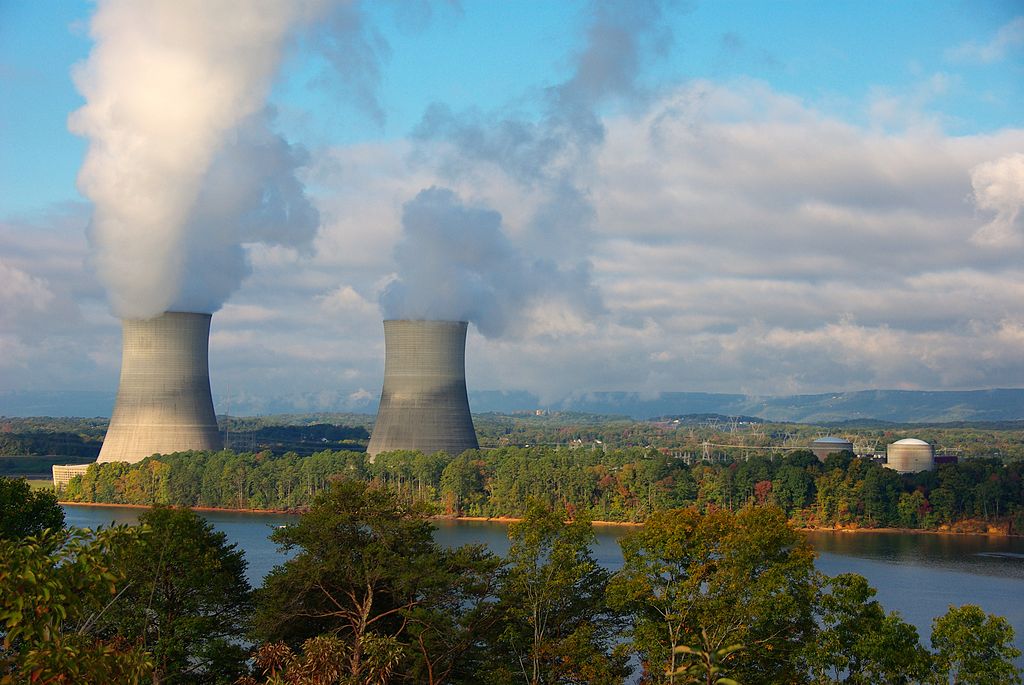Electricity and Reliability in New England
The Independent System Operator of New England, which oversees its electricity market just release a shocking report. In it, the ISO claims that New England may need to beef up its reserve margin of energy from 15% to 400% in some of the scenarios it considered because renewables are being added as dispatchable power plants are being shut off to meet states' climate ambitions.
In the scenario where the ISO attains deep decarbonization using all renewables, significant drawbacks presented themselves. “This scenario would require such a large amount of wind and solar that it may present significant challenges to the transmission system and require an outsized amount of land or offshore areas to be sited and developed for the necessary wind and solar farms,” the report said.
While it's heartening to see an ISO deliver these tidings with candor, ISO-NE has become increasingly brittle. As Meredith Angwin's recent reportage on ISO-NE's discussions about how to make it through what looks to be a challenging winter reveals, the electricity market dynamics have made it increasingly difficult to plan ahead and assure both low prices and reliability.
Angwin thinks the region is in for a pricey winter. And she believes vertical integration may be rearing its head once again. It's hard to disagree.
Former Australian Deputy PM Calls for End to Nuclear Ban
Barnaby Joyce, former deputy prime minister of Australia, has called for the Labor party to adopt nuclear power as part of their climate strategy and as an alternative to renewable energy. If they do not, he warned, they “risk being left behind by the world."
“If you want to get to zero emissions then listen to what they’re doing in the UK where they’re building new nuclear reactors, listen to what they’re doing in France, listen to what they’re doing in Asia,” Joyce said in an interview.
Joyce and his National Party of Australia have been avid proponents of nuclear power in opposition to wind and solar.
Australia has had a ban on nuclear energy since the Howard government implemented it in the 1990s. The band exists despite its domestic uranium mining industry and its possession of a third of the world's uranium resources.
The ban, according to the Mining Council of Australia was meant to cut the industry--mining and energy--in half. “The political fix was to draw a line through the industry,” the MCA said. “After all, the need for nuclear was low – energy was affordable, abundant and with a country full of coal, there was no reason to believe that would change.”
For some backstory on the Australian nuclear situation, you can watch this interview I did with James Fleay of Down Under Nuclear Energy:
NRC Authorizes Fuel Loading and Operation at Vogtle 3
"The Nuclear Regulatory Commission has authorized Southern Nuclear Operating Company to load nuclear fuel and begin operation at Vogtle Unit 3 in Georgia," the NRC said in a press release. This marks the first time a reactor has reached this point since the agency's combined license process took effect. Vogtle will be the first reactor approved and completed since the NRC was formed in the mid-1970s.
“This is the first time we’ve authorized a reactor’s initial startup through our Part 52 licensing process,” said Andrea Veil, Director of the NRC’s Office of Nuclear Reactor Regulation. “Our resident inspectors at Vogtle will keep a close eye on Unit 3 as the fuel load and startup testing move forward."
Veil's statement "perfectly and unwittingly captures why we can't have nice nuclear things," said Ted Nordhaus of the Breakthrough Institute. The NRC's regulatory regime has made it virtually impossible to build new nuclear. This, in addition to problems all Vogtle's own, has pushed the reactor years and billions of dollars over budget.
The silver lining is that this stage inches Vogtle one step closer to the finish line and signals that the NRC is done interfering in its construction process.
If you'd like to learn more about the trials and tribulations of Vogtle, check out this interview:
If you'd like to learn more about the history of nuclear power and why it's become so difficult to build in America, you can read my account of it here:
Like what you're reading? Click the button below to get Grid Brief right in your inbox.
Conversation Starters
The diesel crisis has increased the world's reliance on American fuel. "US diesel exports last month rose to 1.4 million barrels a day, a five-year high, according to data from oil analytics firm Vortexa compiled by Bloomberg. Europe is buying more US diesel as the continent tries to wean itself from Russia. Latin America has also stepped up imports, in part to replace lost volumes from Europe," reports Bloomberg.
BlackRock has rescinded its support for climate and social resolutions. "BlackRock’s support for US shareholder proposals on environmental and social issues fell by nearly half in this year’s annual meeting season, as the world’s largest money manager voted for just 24 per cent of them," reports the Financial Times.
Has Germany finally come to its senses?

Crom's Blessing


